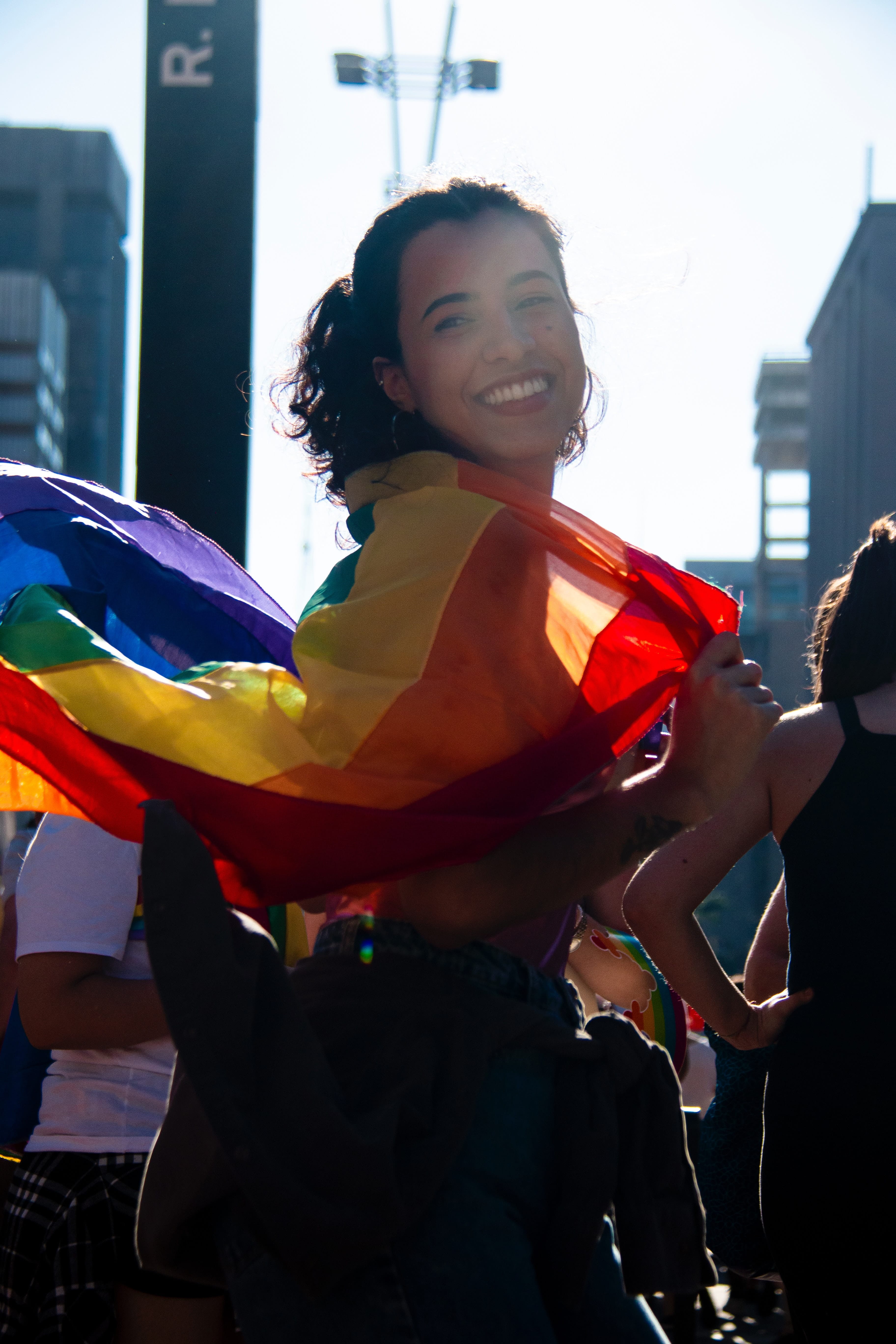If you’re a therapist in San Francisco, you’ve probably heard some themes come up again and again. It’s a beautiful, even magical place. But like any city, it has its share of unique challenges as well — including those that can take a toll on our mental health.
Here’s some lessons every San Francisco therapist needs to learn along the way:
San Francisco Can Be Lonely
A common concern that I see in my practice is loneliness. This was a surprise to me at first, because my clients are smart, interesting, fun, likable people. But there are a lot of barriers that can make it hard to connect.
First of all, the Bay Area is huge, and many people commute both into and out of the city for work every day. This can make befriending co-workers hard, as you may live an hour or more apart. Not to mention the exhaustion that long commutes bring! Outside of work time, San Franciscans are often reluctant to leave the city for social activities.
San Francisco is also a transient city. For many young workers, it’s a place to spend a few years before moving to New York or Portland or Austin. Knowing that a new friend might be gone in a year or two can make it hard to invest in relationships. And the same can be true if you’re not expecting to put down roots yourself.

There’s No Avoiding the Tech Scene
Whether you’re a techie transplant, or a long-term resident mourning San Francisco’s weird old days, there’s no denying that tech now dominates the scene in SF. From startups to mega-corporations, tech has its own language, culture, and customs that shape the city.
At its best, the tech world disrupts old paradigms and replaces them with something better and more democratic. But as a psychologist in San Francisco, I also hear a lot about the darker side of this industry. Toxic, exploitative workplaces are common, especially for women, LGBTQ+ folks, and people of color. Big, inspirational missions are used to gloss over lack of support for employees’ wellbeing. Workplace trauma, like abuse or harassment, is an unfortunately common reason for clients seeking therapy.
Therapists in San Francisco have also become quite familiar with the “disruptors” in the mental health space. Many of us are increasingly concerned about big telehealth companies playing fast and loose with privacy and professional ethics. This isn’t just a SF problem, but it’s especially apparent here in a city where tech is king.

It’s a Tough Place to Raise Kids
It’s become common knowledge that there are more dogs than kids in San Francisco.
Although we love our canine family members, that’s not because dogs are especially popular here compared to other cities. It’s actually because, according to the US census, SF has the lowest percentage of children of any major city in the country.
Why is that? High cost of living, childcare, property taxes, and concerns about the variable quality of public schools in the area are frequently cited as stressors among my clients.
The result can be that parents feel isolated and struggle to get the support they need from peers or employers. On top of that, financial strain can make it hard to seek therapy or other support services that can help.
Seasonal Depression Can Be a Year-Round Phenomenon
You probably know that rates of depression spike during the winter, when shorter days limit our sun exposure and cold temperatures keep us indoors. In San Francisco, our famously cold and foggy summers mean that locals’ moods may be seasonally dampened year round.
Some long-time San Francisco residents have developed a love for our cool summer days. Personally, in my 15+ years in the Bay Area, I never got used to it. In fact, for me it’s harder to bear a cold day in July than it is in January.
Fortunately for SF locals, Bay Area microclimates are a real thing and getting into the sun is just a short drive or BART ride away. Or you can do what I did and take part in another local tradition — eventually moving out to the East Bay, where summers are warm and sunshine is plentiful.
There’s Lots of Valid Ways to Date, Love, and be a Family
Arguably one of the best things about San Francisco is its long history of offering strong communities for people going against the norm to be their authentic selves. It’s long been known as a haven for LGBTQ+ communities, and one of the most inclusive, gay-friendly cities in the US and the world.
To say therapists in San Francisco should strive to be strong allies to the queer community feels like a no-brainer. But therapists in SF would also be well-served to educate ourselves about polyamory, non-monogamous relationships, and the kink community — all of which have thriving communities in the Bay Area as well.
San Francisco residents know that there’s a million valid ways to date, love, and be a family. Mental health professionals should strive to be equipped to support them all.

Are you a San Francisco therapist or resident? What would you like your therapist to know about life in the city? Shoot us an email and let us know at hello@stellanovawomen.com!
About the Author
Maya Borgueta, PsyD, is a clinical psychologist based in San Francisco, and the owner of Stella Nova Psychology, a therapy group offering services to clients throughout California. Maya is a long-time San Francisco Bay Area resident who originally hails from Upstate New York, and has been in private practice in SF since 2016. She is a lover of San Francisco’s food scene, gorgeous views, and live shows; and a hater of its cold weather and questionable fashion sense.
Connect With A San Francisco Therapist Today
Stella Nova Psychology is currently accepting new clients at our Lower Pac Heights location in San Francisco. We also offer online therapy for clients throughout California.
Our team specializes in supporting women and nonbinary professionals’ mental health so they can thrive at work and at home. We offer services for depression, anxiety, trauma, chronic pain, burnout and more. We are an LGBTQ+ and BIPOC-affirming practice.
To get matched with the best therapist for your needs and preferences, sign up for a free phone consultation today!


